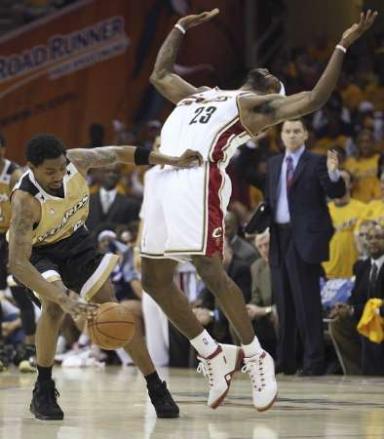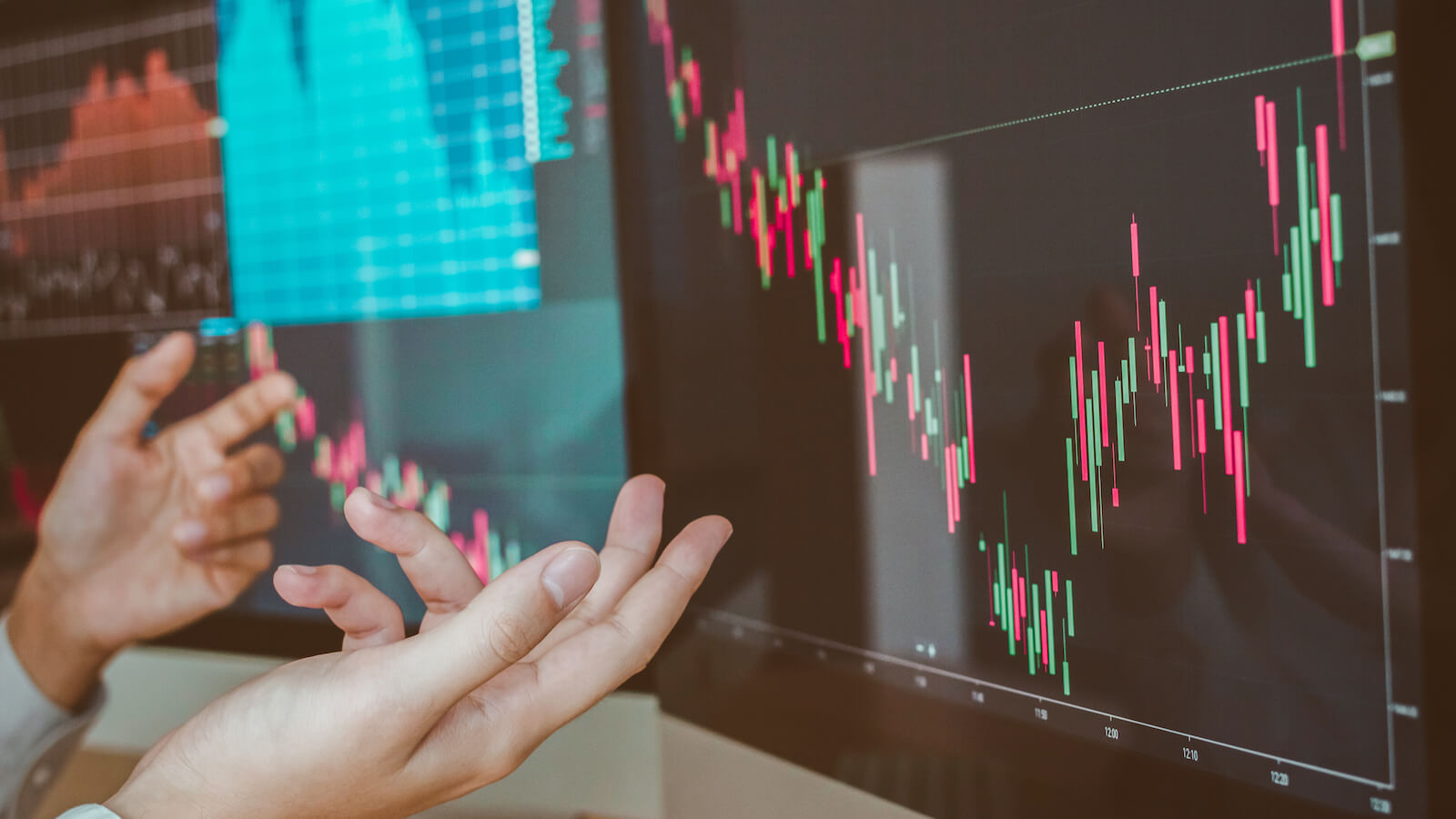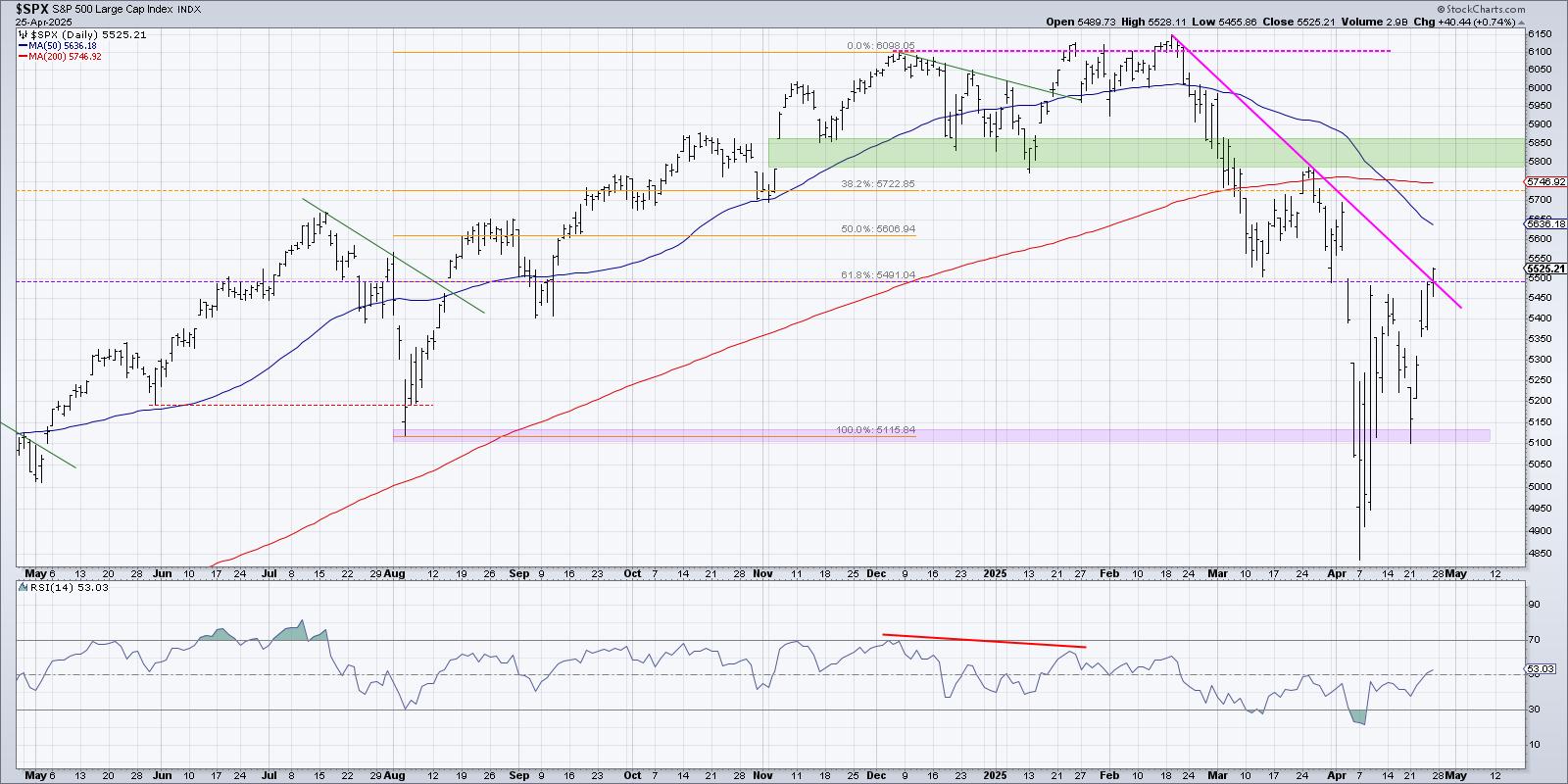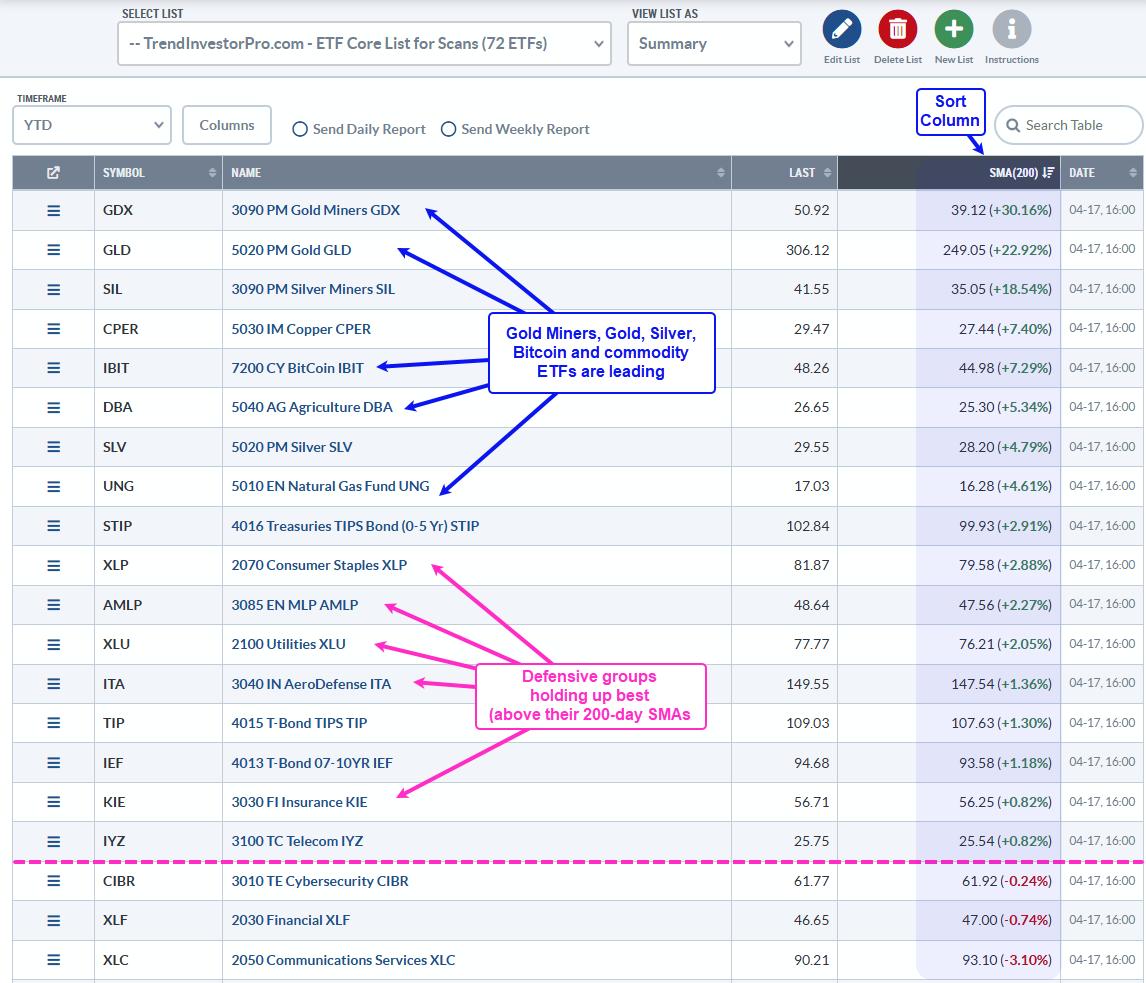 As an investor, there is only one day a year that you are unable to do anything about the stock market’s behavior, and that is yesterday. Any other day, your action or inaction will determine your bottom line. As a trader, the two things I must do each day is focus on doing and focus on being.
As an investor, there is only one day a year that you are unable to do anything about the stock market’s behavior, and that is yesterday. Any other day, your action or inaction will determine your bottom line. As a trader, the two things I must do each day is focus on doing and focus on being.
Flopping has no place in the investment arena, but you see it as often there as on the basketball court. For those of you who are not big sports fans, a “flop” in basketball, for example, is when a player intentionally falls down in a grandstanding manner after little or no physical contact by an opposing player in hopes of drawing a referee’s attention, thereby securing a personal foul against the opponent. It’s unsportsmanlike, but widely practiced and even perfected by a number of professional players in multiple sports, not just basketball.
I also see the equivalent of flopping amongst some money managers as they try to explain their performance to their clients. On the other hand, when you manage your own assets, flopping has absolutely no place in your trading personality.
Yes, investing is a devilishly abstract activity, but attempting to place blame anywhere but upon one’s own shoulders is the equivalent of flopping. I’m a loser and I accept the fact that I do lose on some trades, but I understand that I lose to win.
As an investor, you can’t afford to be one dimensional – as markets are never either just black or white. Successful investors are a blend and are complex, just as the markets. Talk to any great Michelin-starred chef. If you can’t take the heat, get out of his or her kitchen. If you aren’t willing to occasionally get burned or scalded, there’s no place for you in their kitchen. Investing is exactly the same.
If you come into my world thinking you are really smart and thinking that’s all it takes to succeed, you are silly and you disrespect my world. The market will punish you, not me. As so often is the case, when novice investors have a trade move against them, rather than learn from the trade, they instead insist on engaging in the equivalent of high-wire financial “flopping”. They tell themselves and anyone else who listens that it wasn’t their fault and list off a myriad of reasons. They are unwilling to acknowledge that the missing link in their methodology is to ignore what we call in our book, the Investor Self. High IQs and big egos actually become an Achilles Heel for these investors.
Robust investing starts at the cellular level. Humbleness, honesty and impartiality must literally flow through your blood. A superior IQ and a large ego will invade and destroy your attempts at clarity and hinder your ability to see the market’s reality. It’s counterintuitive but your humbleness will keep you in touch with what the markets are trying to tell you. If you are incapable of such servitude, you will struggle your entire investment career.
Clarity and profits sprout from your ability to remain truly impartial and your investing skills will be refreshed and sustained by your own personal truthfulness. Floppers might make millions in the arenas of sport, but investment floppers will find no happiness in the financial arena. The market will guarantee this.
Trade well; trade with discipline!
- Gatis Roze, MBA, CMT
- Author, Tensile Trading: The 10 Essential Stages of Stock Market Mastery (Wiley, 2016)
- Presenter of the best-selling Tensile Trading DVD seminar
- Presenter of How to Master Your Asset Allocation Profile DVD seminar
- Developer of the StockCharts.com Tensile Trading ChartPack






